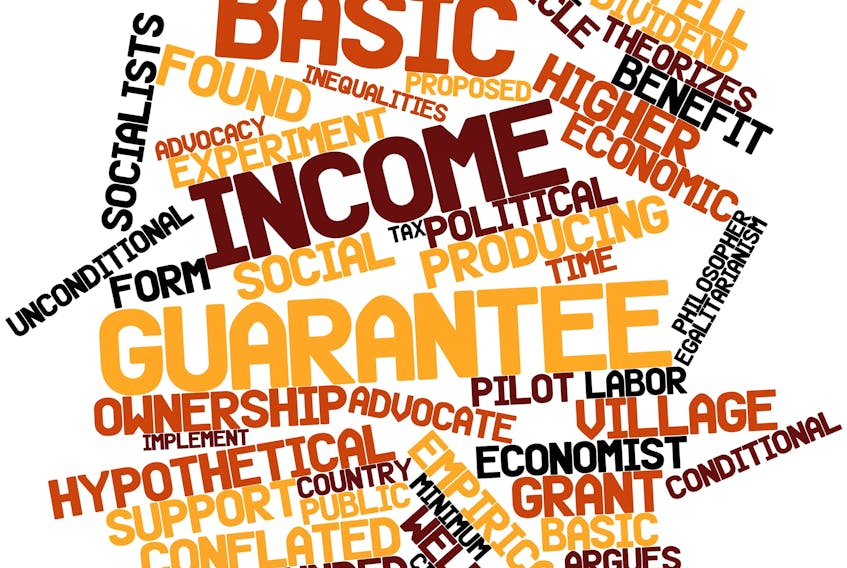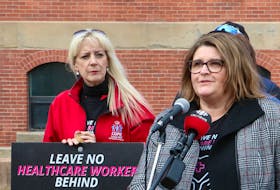At the launch of International Basic Income Week, over 3,600 organizations and individuals from across the country – including the Canadian Women’s Foundation, the Women’s Legal Education and Action Fund (LEAF), and Women’s College Hospital, have signed on to a
national Statement on Basic Income: A Case for Women.
Quoting Senator Kim Pate, one of four sitting senators who endorsed the statement, “For women in Canada, a guaranteed livable income would mean choice: being able to leave a situation of abuse without becoming homeless; being able to take time to search for suitable work or further education or pursue a new business or care for loved ones or contribute to the community, in ways that enrich all of us.”
Developed by a steering group of leaders from women’s and feminist organizations across the country, the statement is directed to the prime minister, Deputy Prime Minister Chrystia Freeland, and ministers Monsef, Qualtrough, Duclos, and Tassi, and calls for the implementation of a national basic income.
The pandemic has clearly exposed women’s vulnerability in times of health and economic crisis, particularly those whose experiences of inequality are also shaped by other systems
of oppression. The statement notes that “COVID-19 has intensified many harmful, systemic issues affecting women. Rates of domestic violence have risen across the country. Unpaid caring work has skyrocketed … Now is the time for Canada to move to a method of income security that is both guaranteed and accessible to all who need it.”
A basic income is a regular payment made through the tax system to individuals, so that everyone can meet their needs, participate meaningfully in society, and live with dignity
– regardless of employment, disability, race, Indigenous identity, sex, gender identity, or parental or marital status.
Tracy Smith-Carrier, a professor at King’s University College at Western University, adds that “with an adequate income, women would have increased choice, control, and access
to fundamental resources. Adequate housing, safe neighbourhoods, and improved health and
well-being are among the many profound implications of providing a basic income for women and their families.”
We urge the Government of Canada to transition as quickly as possible from temporary benefits like CERB and the new Canada Recovery Benefit to a permanent basic income as part of this government’s commitment to gender equality and feminist public policy. This way,
everyone in Canada can look forward to a future where they can participate fully in rebuilding a healthier and more prosperous society.
Marie Burge is the P.E.I. representative for Coalition Canada:
basic Income — revenu de bas.









